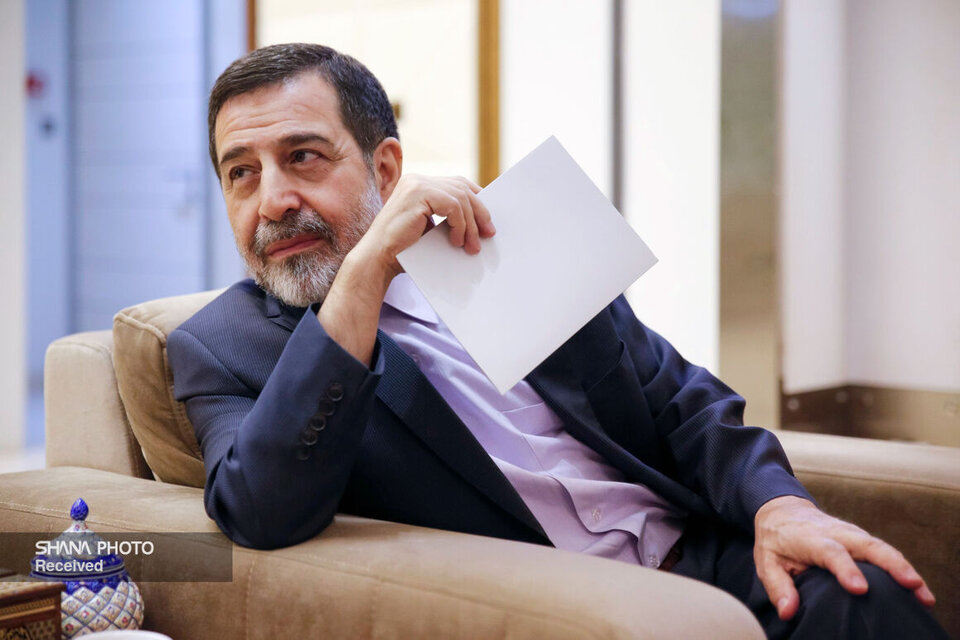The week of Sept. 10-14 marks the anniversary of OPEC's formation for those in the oil industry. The organization was born in 1960 from protests against multinational companies and quickly became a key player in the energy market. But how was OPEC formed, and what role has it played in global developments? Does the organization remain effective 65 years after its founding? To answer these questions, it is worth reviewing comments from Hojatollah Ghanimifard, the former head of OPEC's petroleum studies department and former director of international affairs at the National Iranian Oil Co., on OPEC's 65th anniversary.
Ghanimifard, referencing OPEC's formation at the 1960 Baghdad Conference, said that on the fifth day of the meeting, Iran, Iraq, Kuwait, Saudi Arabia and Venezuela decided to establish OPEC. While the members were not politically homogenous at the time and Iraq was going through a turbulent period, all these countries agreed to create a joint organization.
He stated that one person who played a prominent role in OPEC's formation was Juan Pablo Pérez Alfonso of Venezuela, who had held extensive but unsuccessful talks with Arabs in Cairo before the Baghdad Conference before ultimately achieving his goal. Among Arab members, Ghanimifard pointed to the late Zaki Yamani of Saudi Arabia as an influential figure in OPEC's work who worked hard for the organization's elevation.
Some countries profited from damaging OPEC members' relations
The former OPEC official highlighted the organization's importance in the global oil industry, noting that OPEC members own about 79.5% of the world's oil reserves, with 67.2% of that located in the Middle East and North Africa. At its founding, member production levels were decisive given global oil consumption, especially in industrialized countries, giving it far greater bargaining power than today.
Ghanimifard added that possessing such large reserves, alongside economic benefits, has sometimes led to pressure and attacks from oil-consuming nations. At various points in history, conflicts even arose among OPEC members, which created an opportunity for oil-consuming countries to exploit differences and gain more benefits by weakening OPEC.
He cited the impact of wars and sanctions on member production, noting that some countries like Libya, Iraq and Iran saw production declines at various times. Iraq had limited production in the final years of Saddam Hussein's rule, and Iran experienced serious limitations due to sanctions.
The 1973 oil crisis created distance between Iran and OPEC members
The former NIOC official emphasized that history shows OPEC had a strong position and significant bargaining power during periods of member solidarity. However, internal disputes and pressure from consumer nations have sometimes weakened the organization.
Referring to the 1973 oil crisis as a key moment in OPEC's history, Ghanimifard said that wars between Arab countries and Israel at that time increased the distance between some oil-producing countries within OPEC. For example, during the second Pahlavi era, Iran exported oil to Israel despite an OPEC decision to restrict exports. This shows that political and regional decisions have always affected OPEC's interactions and bargaining power.
He also addressed media claims that Iran's oil production was 6 million barrels per day before the 1979 revolution, explaining that reliable internal data from Iran's oil industry proves this peak was only reached for two months in 1974 and was lower in other months of that year. While this figure is attributed to BP, it is not considered credible or confirmed internally.
Is OPEC still influential?
Regarding OPEC's current standing, the former NIOC official said it must be considered that OPEC's share of global oil production is now about 40%, some of which is for domestic consumption and the remainder for export. What is actually decisive for international negotiations and cooperation is the volume of exports. Furthermore, a decline in global per capita oil consumption and reduced dependence on OPEC oil by industrialized countries have all contributed to the organization's diminishing power.
Ghanimifard continued, saying the biggest threat facing OPEC is that it pays less attention to the problems of consumers (both industrial and non-industrial countries) in its reviews and decision-making and only considers the interests of producers.
Referring to the formation of OPEC+ as OPEC's latest notable move, he said that in 2017, OPEC cooperated with non-member countries to form the OPEC+ alliance to coordinate oil production. The goal was to prevent severe price fluctuations, meet market needs and protect the interests of both producers and consumers. Now, it can be said that OPEC+ decisions have superseded those of OPEC.
OPEC will have a prominent position for the next 30 years if...
On whether the five founding countries might one day leave OPEC, the former department head said the relationship between them in oil and related matters has been very good. Even when Iran-Saudi relations were at their most difficult, he witnessed in secretariat meetings that in informal talks, the highest officials from countries referred to Iran as a trustworthy nation and spoke of the need to resolve political issues, emphasizing that these problems should not affect OPEC interactions. Therefore, he does not think any of the founders will leave OPEC.
Ghanimifard explained that some current OPEC members joined less than 10 years ago, have low oil production and appear to have been admitted largely for political reasons. Some countries have also joined and later left throughout history, including Indonesia, which became a net oil consumer, and Qatar, which ended its membership due to declining production and political-economic reasons.
He concluded by emphasizing that despite political challenges, wars, sanctions and membership changes, OPEC still plays an important role in the global oil market and has shaped a significant part of the world's energy history and economy. He believes that with rational decisions regarding oil and an understanding of its true place in the global energy mix in the coming years, OPEC will maintain a prominent position for the next 30 years.


Your Comment